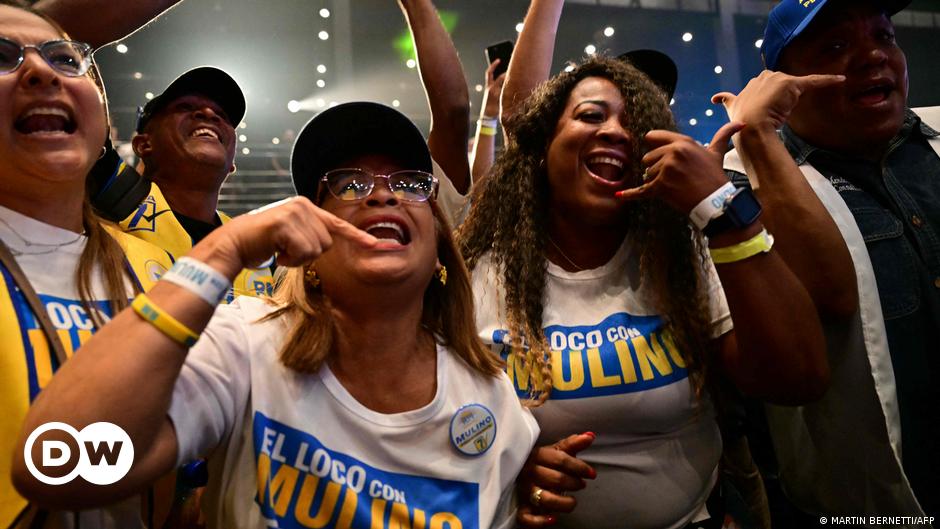Jose Raul Mulino’s election victory in Panama confirms a shift in Latin America economic policies. Disenchanted with years of state intervention in the economy, voters now hope free markets will improve their lives.
Following the recent election victories of pro-business candidates in Argentina and Ecuador, voters in Panama also chose a staunch free-market advocate as their next president in a poll held earlier this month. Jose Raul Mulino, a 64-year-old former security minister in the government, stormed to victory on the campaign slogan “La Promesa de Chen Chen,” meaning “A promise of money in your pocket.”
In November last year, far-right libertarian Javier Milei won the presidency in Argentina, vowing to “exterminate” rampant inflation and “put a chainsaw to the state.” A month earlier, banana fortune heir Daniel Noboa became Ecuador’s youngest president at 35. The Harvard Kennedy School graduate focused his campaign on job creation, recommending tax exemptions and incentives for new businesses and pledging to attract more foreign investment.
What unites all three of these newly elected presidents is the conviction that free enterprise is key to spurring growth in their economically depressed countries. Previous experiments with more socialism-oriented economic policy, modeled on the authoritarian state interventionism of Cuba and Venezuela, only intensified years of economic crisis and led to a mass exodus to the United States.



This is the best summary I could come up with:
Following the recent election victories of pro-business candidates in Argentina and Ecuador, voters in Panama also chose a staunch free-market advocate as their next president in a poll held earlier this month.
In November last year, far-right libertarian Javier Milei won the presidency in Argentina, vowing to “exterminate” rampant inflation and “put a chainsaw to the state.”
The Harvard Kennedy School graduate focused his campaign on job creation, recommending tax exemptions and incentives for new businesses and pledging to attract more foreign investment.
Winfried Weck from the German Konrad-Adenauer Foundation in Panama City says Mulino has adopted the economic strategy that was considered successful during the 2009-2014 Martinelli presidency.
Despite Argentina’s nascent recovery, Christian Hauser, a Latin America expert at the University of Applied Sciences Graubünden, Switzerland, warns against excessive expectations.
For now, though, Latin America’s three new pro-market presidents will have to wait until after next month’s elections for the EU Parliament to see if Europeans will seize the opportunity to create more growth on both sides of the Atlantic.
The original article contains 687 words, the summary contains 166 words. Saved 76%. I’m a bot and I’m open source!